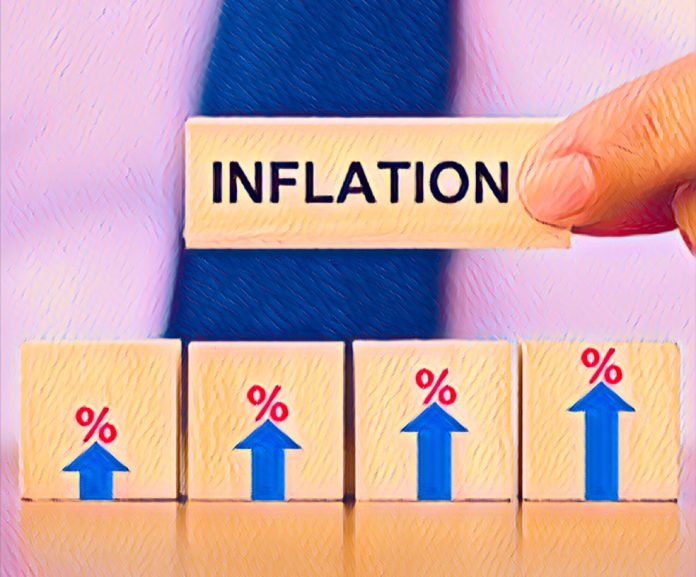The Nigeria Employers’ Consultative Association (NECA) has sounded the alarm over the growing impact of inflation and rising living costs, warning that the country’s labour system is nearing collapse.
Adewale-Smatt Oyerinde, NECA’s director-general and a member of the International Labour Organization’s governing body, said inflation has “severely eroded workers’ purchasing power,” intensifying wage disputes and fuelling labour tensions.
He explained that both workers and employers are under pressure, with paychecks losing value and businesses struggling to survive under soaring operational costs.
Inflation Erodes Pay, Fuels Labour Tensions
“High inflation has made wage disputes more frequent, urgent, and difficult to resolve,” Oyerinde said. “Employers are facing rising production costs, while workers can no longer meet basic needs.”
He attributed much of the strain to recent government policies, particularly the removal of fuel subsidies, which has caused prices to skyrocket.
As a result, labour unions are increasingly shifting focus from workplace issues to national economic protests.
“Collective bargaining is being overshadowed by political and economic agitation,” he added. “Unions are protesting for survival rather than negotiating at enterprise level.”
Employers Under Pressure Too
Oyerinde noted that businesses are equally burdened by inflation. “Many employers are struggling to maintain operations and sustain wage increases amid shrinking margins,” he said.
He urged the Federal Government to act quickly to stabilize the economy, reduce inflation, and strengthen industrial relations institutions.
“Government must use savings from subsidy reforms to create social safety nets that cushion the impact of inflation on workers,” he advised.
“Addressing transportation, food, healthcare, and housing challenges will ease household pressure.”
Nigeria’s Industrial Balance Is Cracking
Nigeria’s inflation crisis has become more than an economic problem — it’s now a social time bomb.
When workers can’t afford basic necessities and employers can’t pay more without collapsing, confrontation becomes inevitable.
The warning from NECA isn’t just about wages. It’s a signal that Nigeria’s industrial peace is fragile.
Policymakers cannot afford to ignore the tension between survival and sustainability.
Without relief measures, the widening gap between wages and living costs could lead to a wave of strikes, layoffs, and unrest — further deepening economic instability.
Toward a Fairer, Sustainable Wage System
Oyerinde also called for a shift from cost-of-living wage adjustments to productivity-linked pay. “We must align wage growth with productivity,” he said.
“That ensures sustainability for employers and fair compensation for workers.”
While NECA supports the idea of a living wage, Oyerinde stressed that it should be guided by global labour standards under the International Labour Organization (ILO).
He also criticized the government for delaying key labour reforms. “After years of tripartite review, the Labour Bills remain unsigned,” he lamented. “This undermines our credibility as an ILO member state.”
Nigeria’s inflation-fueled crisis has pushed both labour and employers to their limits. NECA’s message is clear: without swift government intervention, the country risks a breakdown in industrial relations — and the human cost will be devastating.



